(Part 1) Choosing the Right Pork Chops: The Foundation of Success
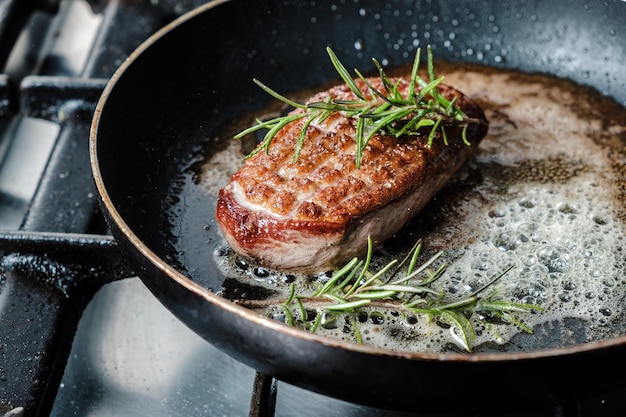
Here’s a closer look at the most common types of pork chops:
thin pork chops: Perfect for Quick Meals
Thin pork chops, typically around half an inch thick, are ideal for those seeking a speedy dinner. They cook quickly, but require vigilant attention to avoid overcooking.Thick Pork Chops: For Indulgent Meals
Thick pork chops, often measuring at least an inch thick, are a true treat. Their size allows for slow cooking, resulting in a tender, melt-in-your-mouth texture.(Part 2) Cooking Methods: Unlocking the Potential of Pork Chops
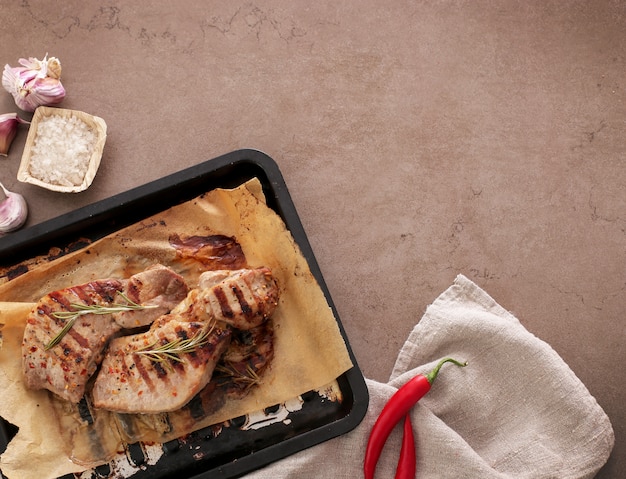
Pan-Frying: A Quick and Flavorful Approach
Pan-frying is my go-to method for achieving that irresistible crispy exterior. A hot pan is key to achieving perfect searing. I find that cast iron pans work exceptionally well for this method.Oven-Baking: For Large Batches and Consistent Results
Oven-baking offers a hands-off approach, ideal for larger quantities of pork chops. You can also easily incorporate other ingredients like vegetables and herbs in the baking dish for a complete meal.Grilling: Embracing the Smoky Flavour
For those warm summer nights, grilling is a classic way to enjoy pork chops. The smoky flavour adds a special dimension to the dish. Just be mindful of overcooking, as pork chops can dry out quickly on the grill.(Part 3) The Importance of Temperature: Using a Thermometer
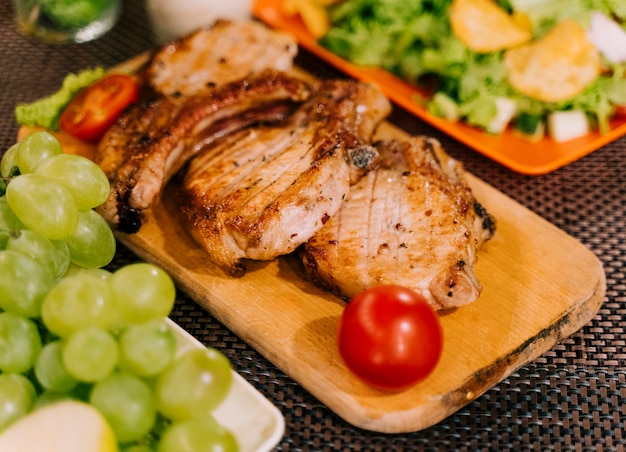
The Safe internal temperature for Pork: Prioritising Safety
The United States Department of Agriculture (USDA) recommends an internal temperature of 145°F (63°C) for pork chops. This ensures that the meat is cooked through and safe for consumption.(Part 4) Cooking Times: A Guide to Pork Chop Perfection
Now, let’s tackle the crucial question of cooking time. Factors like the thickness of the pork chop, the cooking method employed, and your desired level of doneness will all influence the cooking time.Thin Pork Chops Cooking Times: A Quick Overview
For thin pork chops, here's a general guide:| Cooking Method | Cooking Time |
|---|---|
| Pan-Frying | 3-5 minutes per side |
| Oven-Baking | 15-20 minutes at 350°F (175°C) |
| Grilling | 4-6 minutes per side |
Keep in mind that these are simply estimations. Always use a meat thermometer to confirm the internal temperature has reached the safe level.
Thick Pork Chops Cooking Times: Allowing for Tenderness
Thick pork chops require a bit more patience:| Cooking Method | Cooking Time |
|---|---|
| Pan-Frying | 5-7 minutes per side |
| Oven-Baking | 20-25 minutes at 350°F (175°C) |
| Grilling | 6-8 minutes per side |
Remember, these times are approximate. Always check the internal temperature using a thermometer to achieve your desired level of doneness.
(Part 5) Recognizing Doneness: The Signs of a Perfectly Cooked Pork Chop
Achieving that ideal balance between juicy and tender requires a keen eye and a touch of intuition. Here’s how to tell if your pork chops are cooked to perfection:The Touch Test: A Quick and Simple Assessment
Gently press the centre of the chop. If it feels firm and springy, it's cooked through. If it's still soft, it needs more cooking time.The Thermometer Test: The Most Reliable Method
Insert a meat thermometer into the thickest part of the chop. The ideal internal temperature is 145°F (63°C).The Visual Test: Observing the Juices
The juices should run clear when you cut into the chop. If they're still pink, the pork chop needs to be cooked a bit longer.(Part 6) Avoiding Common Mistakes: Ensuring Success with Each Cook
We all make mistakes in the kitchen, but some are more common than others when it comes to pork chops. Here are some pitfalls to avoid:Overcrowding the Pan: Preventing Steaming and Uneven Cooking
Overcrowding the pan leads to steaming instead of searing, resulting in soggy, unevenly cooked chops.Not Letting the Pan Get Hot Enough: The Importance of Sizzling
A hot pan is crucial for achieving that crispy exterior. If the pan isn't hot enough, the pork chops will stick and won't brown properly.Overcooking: The Enemy of juicy pork chops
Pork chops are delicate and can easily become dry if overcooked. Always use a meat thermometer to ensure they reach the safe internal temperature without overdoing it.(Part 7) Enhancing Flavour: Experimenting with Seasonings, Marinades, and Glazes
The possibilities are endless when it comes to adding flavour to your pork chops. Let your creativity run wild:Simple Seasonings: A Classic Foundation
Salt and pepper are always a winning combination. Don't hesitate to experiment with other herbs like rosemary, thyme, or oregano for a touch of freshness.Marinades: Infusing Deep Flavour
Marinades infuse the pork chops with flavour and help keep them moist. A simple combination of soy sauce, garlic, and ginger is a classic choice. For a more adventurous approach, try incorporating citrus and spices.Glazes: Adding a Final Touch of Sweetness and Shine
A glaze elevates your pork chops with a burst of sweetness and a glossy finish. Honey mustard, maple syrup, or a balsamic reduction are excellent options.(Part 8) Making the Most of Leftovers: Creative Ways to Use Leftover Pork Chops
Leftover pork chops offer a fantastic opportunity for meal prepping and creative culinary endeavors.Reheating Tips: Preserving the Texture and Flavour
Reheat your pork chops gently to avoid drying them out. The oven, stovetop, or even the microwave can be used for reheating.Storing Leftovers: Maintaining Freshness
Store leftover pork chops in an airtight container in the refrigerator for up to 3-4 days.(Part 9) Serving Your Pork Chops: Creating a Complete and Delightful Meal
Now that you've mastered the art of cooking perfect pork chops, it’s time to present them in a way that will delight your senses.Sides: Complementary Accompaniments
Pork chops pair beautifully with a range of side dishes. Consider roasted vegetables, mashed potatoes, or a simple green salad.Sauces: Elevating the Flavour Profile
A delicious sauce elevates the flavour of your pork chops to new heights. Try a classic pan sauce, a creamy mushroom sauce, or a tangy apple sauce.(Part 10) FAQs: Your Pork Chop Questions Answered
You're likely to have some questions about cooking pork chops. Here are some common queries and their answers:1. Can I freeze pork chops?
Yes, pork chops can be frozen for up to 3-4 months. Wrap them tightly in plastic wrap or freezer paper to prevent freezer burn.2. What happens if I overcook pork chops?
overcooked pork chops will be dry and tough. If you accidentally overcook them, try to salvage them with a flavorful sauce or incorporate them into a dish where texture isn't paramount.3. How do I know if pork chops are undercooked?
If the juices are still pink when you cut into the pork chop, it's not cooked through. Cook it a bit longer until the juices run clear.4. What's the best way to pan-fry pork chops?
A hot pan is essential for crispy edges. Heat a pan over medium-high heat and add a tablespoon of oil. Make sure the pan is sizzling before adding the pork chops.5. What are some creative ways to use leftover pork chops?
Get creative! Chop them up and add them to salads, pasta dishes, or quesadillas. They're also excellent for sandwiches or as a topping for baked potatoes.There you have it – a comprehensive guide to achieving pork chop perfection. Now go forth and impress your loved ones with your newfound culinary expertise!Everyone is watching

Perfect Rice Every Time: The Ultimate Guide to Cooking Rice
Cooking TipsAs a self-proclaimed foodie, I've always been a bit obsessed with rice. It's the foundation of countless cuisi...

Ultimate Guide to Cooking the Perfect Thanksgiving Turkey
Cooking TipsThanksgiving. Just the word conjures up images of overflowing tables laden with delicious food, the scent of r...

The Ultimate Guide to Cooking Asparagus: Tips, Techniques, and Recipes
Cooking TipsAsparagus. The mere mention of this spring delicacy conjures up images of vibrant green spears, crisp and burs...
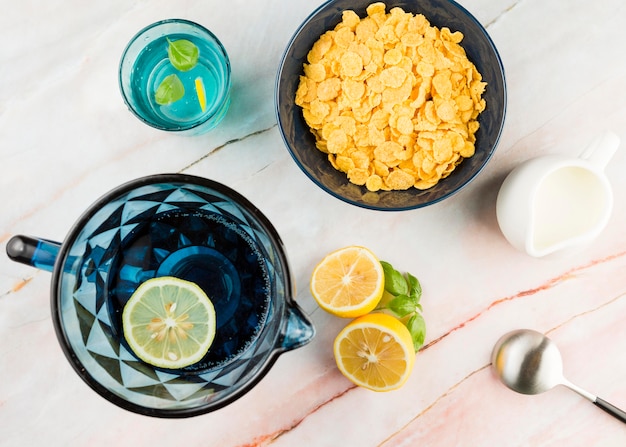
Can You Cook Spaghetti with Gasoline? (The Shocking Truth)
Cooking TipsWe've all seen those crazy internet trends. You know, the ones that make you wonder, "Did someone actually try...
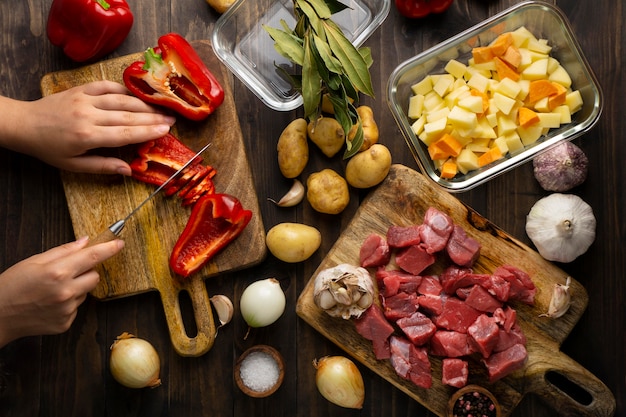
Chorizo and Eggs Recipe: The Ultimate Guide
Cooking TipsRight, let’s talk about chorizo and eggs. You know, that classic Spanish dish that's always a winner. It's th...
